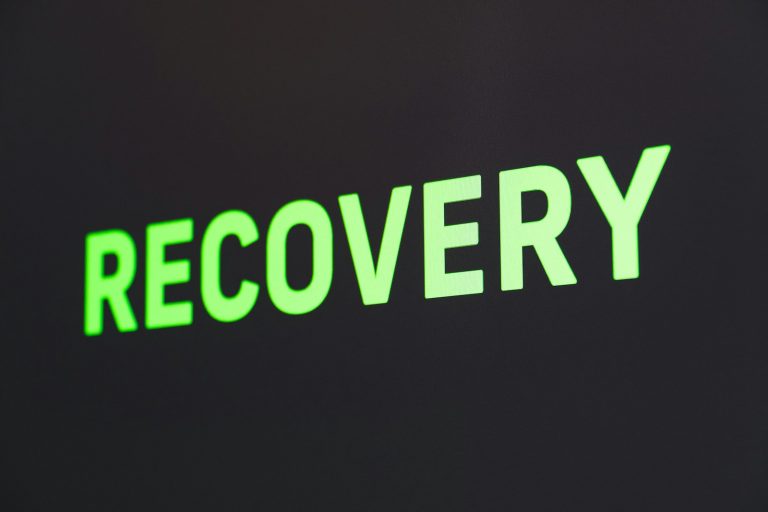Addiction doesn’t discriminate. It doesn’t care about your zip code, job title, or what filter you used on last night’s selfie. But here’s the real kicker: recovery doesn’t discriminate either. It’s not some exclusive club you need a golden ticket to join. It’s messy, raw, and life-changing—just like the women who choose it. If you’ve been wondering whether it’s time to trade chaos for clarity, this might just be your sign.
Story Stages
Why is Starting the Hardest Part?
The idea of stopping anything—especially something that feels like it’s keeping you afloat—can be terrifying. You’re not weak for thinking about all the “what ifs.” What if I can’t handle the stress without it? What if I lose my friends? What if I fail?
Here’s the thing: addiction feeds off that fear. It convinces you that you’re stuck, that life without it is unmanageable. But the truth? The life you’re living now isn’t managing you any better. Change feels impossible until you take that first wobbly step. That might mean calling a hotline, googling recovery programs, or opening up to someone you trust. The point is, there’s no perfect way to begin—just begin.
Detox: Is It Just a Scary Word?
Let’s talk about detox. The word might conjure up images of people curled up in pain, regretting every choice they’ve ever made. While withdrawal can be uncomfortable, the reality isn’t nearly as dramatic as it’s made out to be.
Your body has been through the wringer, and detox is how it hits the reset button. For some, medical detox may be necessary, especially if withdrawal symptoms could be severe. Don’t let that scare you off—it’s not a punishment; it’s protection. Professionals in detox programs know what your body needs to get through it safely. The good news? Detox isn’t forever. It’s a step—a temporary one—that clears the way for the real healing to begin.
Finding a Rehab That Gets You
Rehab isn’t a one-size-fits-all deal. It’s personal, like the perfect playlist. The vibe matters because this is where you’ll dig into the stuff addiction doesn’t want you to face. Whether it’s a drug rehab in Huntington Beach, one in Boston, or anywhere in between, the key is finding a program that feels like it was made for you.
Ask yourself: Do I feel safe here? Do they understand my story? Some places cater specifically to women, creating a space where you can speak freely about your struggles without judgment. Being surrounded by women who get it—who really get it—can feel like finding your tribe. That connection can be a game-changer because let’s be real, no one fights addiction alone.
Women, Trauma, and the Big “Why”
For a lot of women, addiction isn’t just about the substance. It’s about masking something bigger—trauma, pain, stress, or shame. Society loves to throw the word “strong” at women while piling on expectations. Be the perfect mom, the ideal employee, the partner who holds it all together. When that pressure becomes unbearable, substances can feel like a way out.
Recovery means unlearning that cycle. It’s not about erasing your past but reclaiming your power over it. Therapy plays a huge role here. It’s a chance to unpack the emotional baggage you’ve been lugging around. And no, it’s not just sitting on a couch spilling your darkest secrets. It’s about finding healthy ways to deal with stress and learning how to forgive yourself for not being perfect. Spoiler: No one is.
What Happens After Rehab?
You’ve done the detox, survived the rehab, and unpacked the emotional mess—now what? Recovery doesn’t stop when the program ends. This is where the real work happens. Building a life that doesn’t need addiction takes time, patience, and support. It might mean cutting ties with people who trigger old habits or filling your calendar with activities that don’t revolve around substances. It definitely means having a strong support system, whether that’s a sponsor, a group, or just a few ride-or-die friends who keep you grounded.
Relapse isn’t a failure; it’s a moment. What matters is what you do after it happens. Do you let it pull you back, or do you learn from it and keep moving forward? Every day in recovery is a chance to choose yourself. Some days will be hard—brutal, even—but those days don’t define you. How you rise from them does.
Owning Your Comeback Story
Recovery isn’t just about quitting something; it’s about starting over. It’s about becoming the woman you’ve always wanted to be—the one addiction tried to hide. There’s no finish line in recovery, no Instagram-worthy moment where you’re “done.” But there’s growth, joy, and strength you didn’t know you had.
If you’re thinking about recovery, it’s because some part of you believes you deserve better. And you do. It’s not going to be easy, but easy doesn’t make for a good story anyway. Choose you. Start now. You’re worth it.
